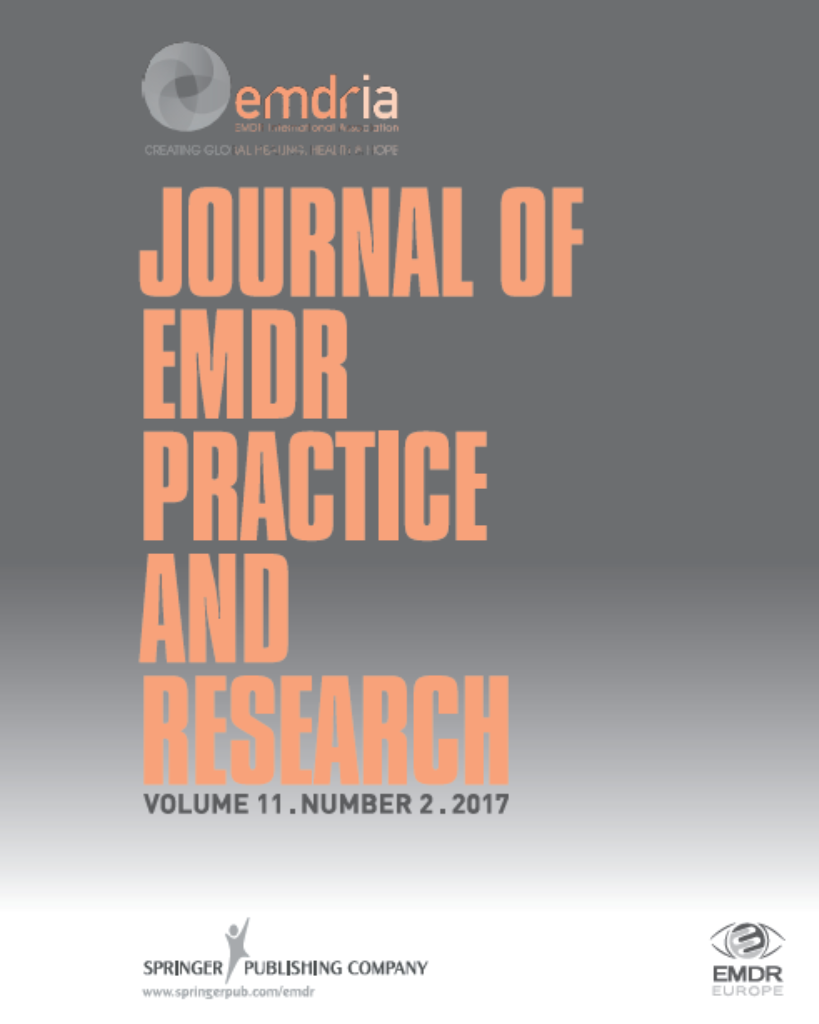When the mind meets the ear: A scoping review on tinnitus and clinically measured psychiatric comorbidities
A scoping review aimed to identify links between tinnitus and comorbid mental health conditions and examine the relationship between tinnitus and psychiatric symptoms, outcomes, and treatments.
Article Abstract
“Background/Objectives: Tinnitus, the perception of sound without an external source, is a prevalent and often distressing condition with complex neurobiological and psychological underpinnings. A growing body of literature suggests a frequent co-occurrence between tinnitus and psychiatric symptoms such as anxiety, depression, and sleep disturbances. However, the extent to which these conditions are associated, and whether treatments targeting one domain impact the other, remains unclear. This scoping review aimed to (1) identify associations between tinnitus and mental health comorbidities, (2) evaluate whether tinnitus treatments affect psychiatric outcomes, and (3) explore whether psychiatric treatments influence tinnitus symptoms.
Methods: A comprehensive search of PubMed, MEDLINE, Embase, PsycINFO, Cochrane Database of Systematic Reviews, and Google Scholar was conducted for articles published between January 2014 and May 2025. Eligible studies were written in English, French, or Spanish, focused primarily on tinnitus, included at least one co-occurring psychiatric condition, and described how tinnitus was evaluated. A total of 30 studies were included. Data were extracted and synthesized thematically. Study quality was assessed using the Mixed Methods Appraisal Tool and relevant Joanna Briggs Institute checklists.
Results: Most studies reported significant associations between tinnitus and psychiatric symptoms, particularly anxiety, depression, stress, insomnia, and, in some cases, psychosis. Treatments aimed at tinnitus, such as eye movement desensitization and reprocessing and cognitive behavioral therapy, were sometimes associated with secondary improvements in mental health. Conversely, limited evidence suggested that psychiatric treatment, including antipsychotic medication and psychotherapy, may reduce tinnitus severity in selected cases.
Conclusions: Tinnitus and psychiatric comorbidities frequently co-occur, and early evidence suggests that addressing one may benefit the other. Given the specific inclusion criteria, this review presents a selected subset of the broader literature, focusing only on studies that evaluated tinnitus alongside clinically measured psychiatric symptoms. Future research should prioritize integrated, longitudinal interventions to better understand these complex interactions.”
—Description from publisher
Article Access
Open Access
Arsenault, V., Larouche, J., Désilets, M., Hudon, M-A., & Hudon, A. (2025). When the mind meets the ear: A scoping review on tinnitus and clinically measured psychiatric comorbidities. Journal of Clinical Medicine, 14(11), 3785. Open access: https://doi.org/10.3390/jcm14113785
Date
May 28, 2025
Creator(s)
Virginie Arsenault, Jacob Larouche, Marie Désilets
Contributor(s)
Marc-Antoine Hudon, Alexandre Hudon
Topics
Medical/Somatic
Extent
14 pages
Publisher
MDPI
Rights
© 2025 by the authors. Licensee MDPI, Basel, Switzerland. This article is an open access article distributed under the terms and conditions of the Creative Commons Attribution (CC BY) license (https://creativecommons.org/licenses/by/4.0/).
APA Citation
Arsenault, V., Larouche, J., Désilets, M., Hudon, M-A., & Hudon, A. (2025). When the mind meets the ear: A scoping review on tinnitus and clinically measured psychiatric comorbidities. Journal of Clinical Medicine, 14(11), 3785. Open access: https://doi.org/10.3390/jcm14113785
Audience
EMDR Therapists
Language
English
Content Type
Article, Peer-Reviewed
Access Type
External Resource, Open Access





